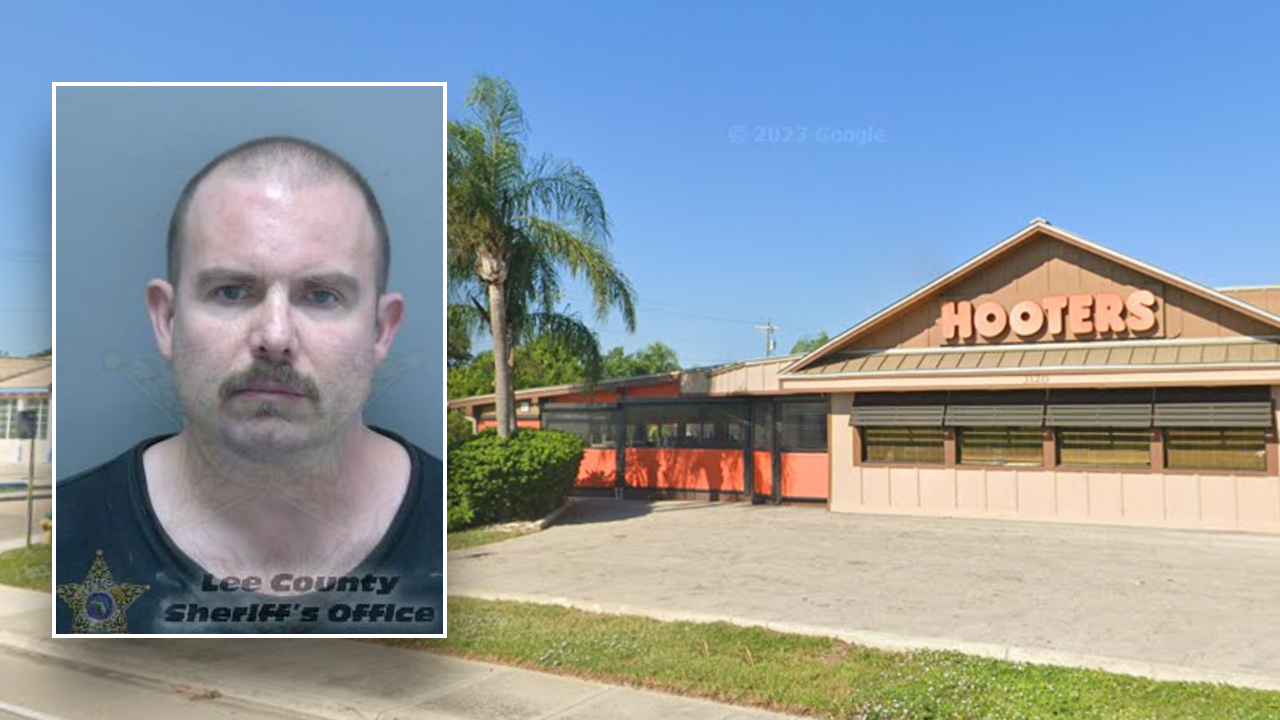Last week Britain’s Parliament passed a law that seeks to redefine reality.
The Safety of Rwanda Act declares Rwanda a “safe” country, regardless of the evidence to the contrary — and orders British courts to do the same. Its purpose is to allow the British government to finally, after two years, enact its policy to permanently deport asylum seekers to Rwanda.
Some of the most vulnerable people in Britain will be rounded up, detained and then — in theory — flown some 4,000 miles to Rwanda’s capital, Kigali. What to do about people seeking asylum is one of the most complex policy issues facing governments around the world, and the British government insists it has the answer: promise cartoonish cruelty.
In April 2022, Prime Minister Boris Johnson announced a multimillion-pound deal with Rwanda that would allow the British government to put “tens of thousands” of asylum seekers on one-way flights to Kigali.
Asylum seekers have been crossing to Britain from France for decades, often hiding in trucks going through the Channel Tunnel. But increased security checks on those routes, and a temporary fall in traffic during Covid lockdowns, had led to a sharp rise in the proportion of people crossing the English Channel in boats. This highly visible and dangerous method has caused much controversy in Britain. The Rwanda policy would help, the government claimed, because deporting some of those who succeeded in reaching Britain would deter others from trying.
The deal was condemned by human rights groups and the United Nations’ refugee agency, which urged both countries to rethink the plans, and then it was delayed by legal challenges. In November last year, Britain’s highest court found the policy unlawful on the grounds that Rwanda — where police shot dead 12 Congolese refugees during a protest in 2018 — was not a safe place to send asylum seekers. Rwanda, the court said, might send them back to countries where their lives could be at risk.
That might have spelled an end to the policy. But Rishi Sunak, who had become prime minister in October 2022, vowed to revive it. The law that passed last week aims to override that court ruling by declaring that Rwanda is safe. As one former senior government lawyer observed last week, “What the Act is doing is making it lawful to send people to Rwanda whether it is safe or not.” More legal challenges may follow.
Legality aside, it has never been clear that the policy is even capable of working. In a 2022 letter to Priti Patel, then the home secretary and in charge of immigration, the most senior civil servant in her department wrote that “evidence of a deterrent effect is highly uncertain.” It’s also not clear that Rwanda has the facilities to accommodate people at scale — 70 percent of the homes in a Kigali housing development the British government said was being prepared to accommodate deportees have reportedly been sold to local buyers.
So what is the point of the Rwanda policy? Mr. Sunak’s government appears to see it as politically useful. The Conservative Party, in power for 14 years, is polling some 20 points behind Labour, and a general election must be held by January. Mr. Sunak is a former investment banker who is seen as coming from the Conservative Party’s center, and he has tried hard to project an image of competence since taking over from his predecessor, Liz Truss — she of the disastrous “mini-budget.” Mr. Sunak made stopping small boats one of his key priorities for 2023 and told voters that they could and should judge him on whether he achieved those priorities.
He’s had mixed success on some others: Inflation has gone down, and the economy is barely growing. But Mr. Sunak — under pressure from his party’s right to accede to their demands on immigration — needs an emphatic win, or at least something that looks like one.
Indeed, the news, first reported in The Sun, a tabloid known for its conservative politics, that a failed asylum seeker had been given more than $3,000 to fly to Rwanda under an entirely different policy seemed cynically timed to coincide with local elections in England on Thursday. As did a government news release on Wednesday announcing that some migrants had already been detained ahead of flights that won’t depart for at least two months, if ever, along with video of dawn raids released by the Home Office.
The news and the video are a stark reminder that there are real people at the sharp end of this policy. Nearly 30,000 people made small-boat journeys to Britain last year alone, and deaths have become more common. Five people, including a child, died making the crossing last week, hours after the bill passed.
Few, if anyone, think this is an acceptable state of affairs. It is one facet of a global problem — an international failure to provide displaced people with the safety and security that would remove the need for such journeys. More safe routes to asylum, along with greater international cooperation to support refugees, are an essential part of the solution, yet governments in many parts of the world are instead choosing deterrence.
Britain, however, stands out not just for doubling down on punishment, but for making a spectacle of it. The government has also banned refugees who enter Britain without permission from ever claiming asylum here, putting tens of thousands of people who are already here in legal limbo, many of whom are already on the edge of destitution.
According to polling last week, 41 percent of Britons support the Rwanda policy in principle, but 50 percent think it’s unlikely anyone will actually be deported there. The British public’s reaction to seeing people actually rounded up and put on flights may not be the reaction Mr. Sunak is counting on.






